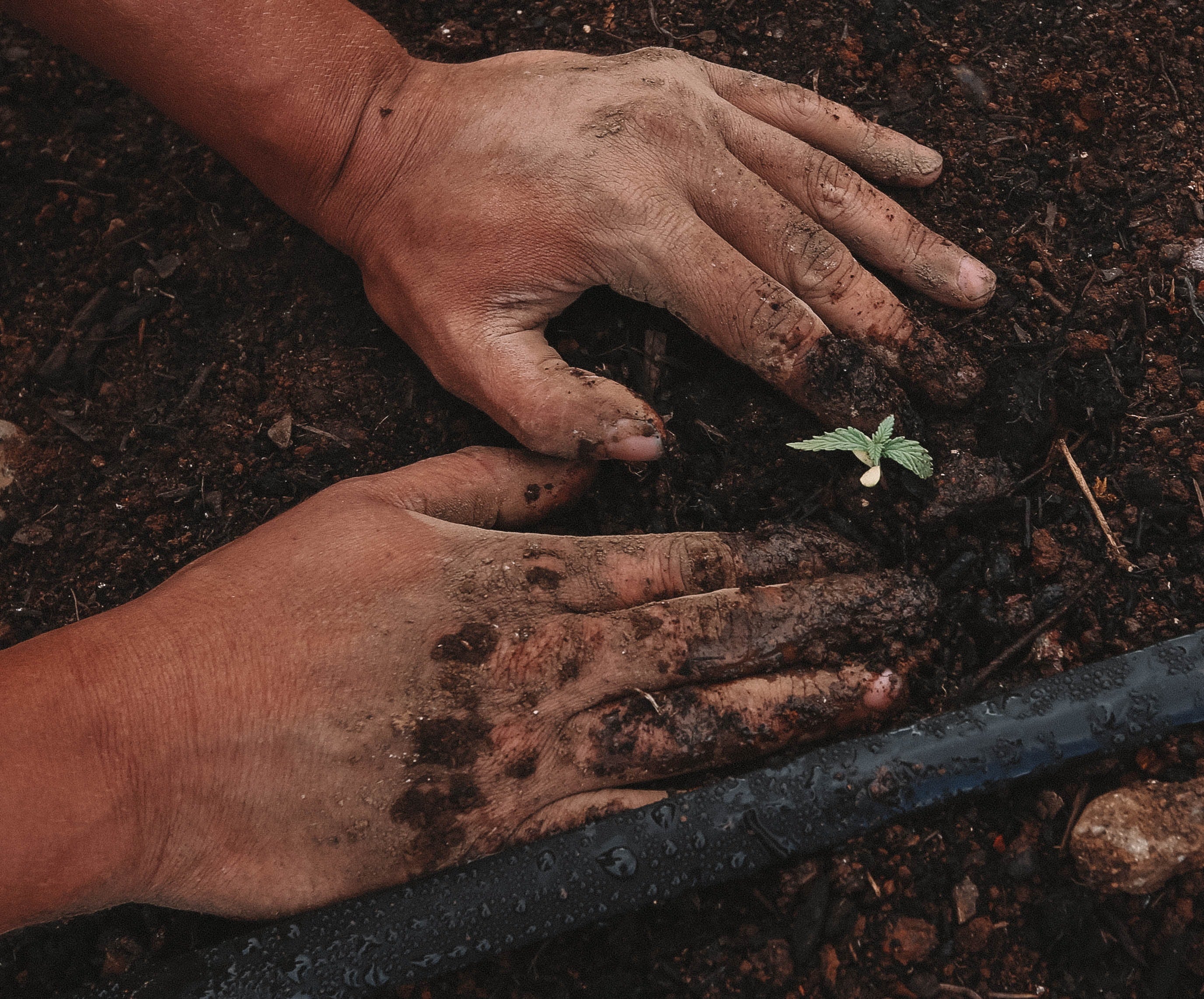

Are you tired of relying on over-the-counter medications for common ailments? The good news is that nature has provided us with an array of powerful herbal remedies that can help alleviate everyday health issues. In this guide, we will explore the world of DIY herbal remedies, focusing on their application for common ailments. You'll discover how to harness nature's healing power and take charge of your well-being.
Understanding the Basics of DIY Herbal Remedies
Before we dive into specific remedies, it's important to understand the fundamentals of DIY herbal remedies and treatments.
What Are DIY Herbal Remedies?
DIY herbal remedies, short for "Do-It-Yourself herbal remedies," involve using natural plants, herbs, and botanicals to address various health concerns. These remedies have been used for centuries by different cultures and are gaining popularity for their effectiveness and minimal side effects.
Why Choose DIY Herbal Remedies?
- Natural and Chemical-Free: Unlike pharmaceutical drugs, herbal remedies are natural and free from harsh chemicals, making them gentler on your body.
- Cost-Effective: Herbal remedies are often more affordable than commercial medications.
- Customization: You can tailor DIY herbal remedies to your specific needs.
Now, let's explore some common ailments and the DIY herbal remedies that can help.
Herbal Remedies for Common Ailments
1. Headaches and Migraines
Headaches can be debilitating, but you can find relief with herbs like feverfew, lavender, and peppermint. Create a soothing herbal tea or a topical balm to alleviate tension and reduce pain.
2. Upset Stomach
When your stomach is upset, ginger, chamomile, and peppermint are your allies. These herbs can be turned into teas or infused oils to ease digestive discomfort.
3. Sleep Troubles
If insomnia is keeping you awake at night, herbs like valerian root, chamomile, and lavender can promote relaxation and a restful night's sleep. Try herbal teas or aromatherapy for better sleep quality.
4. Coughs and Sore Throats
Suffering from a persistent cough or sore throat? Honey, ginger, and thyme have soothing properties that can help to make in DIY herbal remedies. Create a homemade cough syrup or throat lozenges for relief.
5. Common Cold
When a cold strikes, turn to herbs like echinacea, elderberry, and garlic for their immune-boosting properties. Brew a cold-fighting herbal tea or prepare a homemade elderberry syrup.
6. Stress and Anxiety
In today's fast-paced world, stress and anxiety are common. Herbs such as ashwagandha, lemon balm, and passionflower can help reduce stress and promote calmness. Experiment with herbal tinctures or teas to find what works best for you.

Creating DIY herbal remedies is a rewarding and accessible endeavor that allows you to harness the natural healing power of herbs. You don't need to be an expert to get started. Here's a basic guide to help you begin your journey into the world of herbal remedies:
1. Gather Your Supplies
To start your herbal remedy-making journey, the first step is to assemble the necessary supplies. Here's what you'll need:
a. Herbs: You can use either dried or fresh herbs, depending on availability and preference. Some herbs are readily available in your garden or at local markets, while others may be sourced from herbal shops. Make sure they are of good quality and free from contaminants.
b. Clean Glass Jars: Glass jars with tight-fitting lids are essential for storing herbal preparations. They help preserve the potency of the remedies and prevent contamination.
c. Carrier Oils (if making herbal oils): If you plan to create herbal oils for topical use, you'll need a carrier oil like olive oil, coconut oil, or jojoba oil. Carrier oils dilute the concentrated herbal extracts and make them safe for skin application.
d. Other Utensils: Depending on the type of remedy you're making, you may require additional utensils like a strainer, cheesecloth, labels, and a pen for labeling your preparations.
2. Choose Your Herbs
Selecting the right herbs is a crucial step in DIY herbal remedy preparation. Herbs offer various properties and are tailored to specific health concerns. Here's how to go about it:
a. Research: Start by researching the properties of different herbs. Understand which herbs are known for their healing properties, and identify their uses and contraindications. Consider consulting reputable herbal resources or books to gather information.
b. Ailment Focus: Determine the specific ailment you want to address. Herbs are versatile and can be used for a wide range of health concerns, from headaches to digestive issues and stress relief. Select herbs that align with the ailment you are targeting.
c. Single Herb or Blend: Decide whether you want to use a single herb or create herbal blends. Single herbs can be effective, but combining several herbs can provide a more comprehensive solution. Blending herbs allows you to address multiple aspects of a health issue, offering a more holistic approach.
Once you've gathered your supplies and chosen your herbs, you're ready to start creating your DIY herbal remedies. With practice and a deeper understanding of herbs, you can tailor your remedies to your specific needs and explore the endless possibilities of herbal healing. Remember to approach this journey with curiosity and a willingness to learn, and soon you'll be crafting effective herbal solutions for common ailments with confidence.
3. Extraction Methods
Common extraction methods include:
- Infusions: Soaking herbs in hot water to create herbal teas.
- Decoctions: Boiling tougher plant materials like roots and bark to extract medicinal compounds.
- Tinctures: Using alcohol or vinegar to extract herbs for concentrated remedies.
- Oils: Infusing herbs into carrier oils to make herbal oils for topical use.
4. Safety First
Always research herbs when making DIY herbal remedies thoroughly and consult with a healthcare professional, especially if you have underlying medical conditions or are pregnant.
Conclusion
Unlocking nature's healing power through DIY herbal remedies is an empowering journey towards well-being. By exploring the world of herbal remedies and learning to create your own, you can effectively address common ailments while reducing your reliance on synthetic medications. Remember that herbal remedies can be a valuable addition to your self-care toolkit, providing natural, safe, and cost-effective solutions for everyday health concerns.
So, the next time you encounter a common ailment, consider turning to the world of DIY herbal remedies. Your health and well-being will thank you for it.






